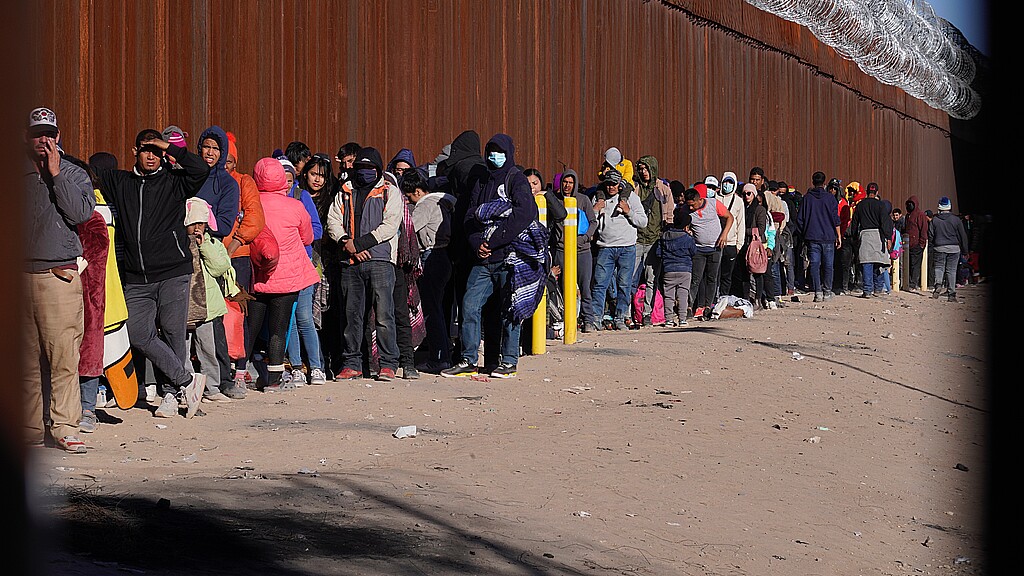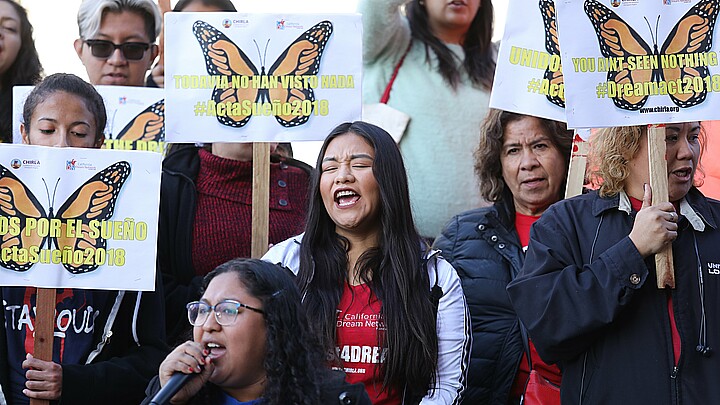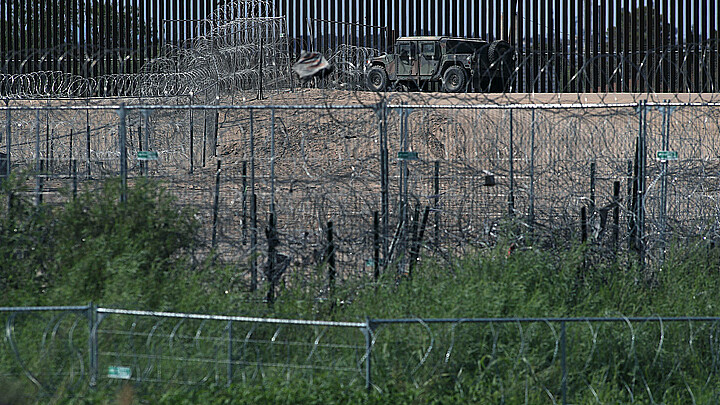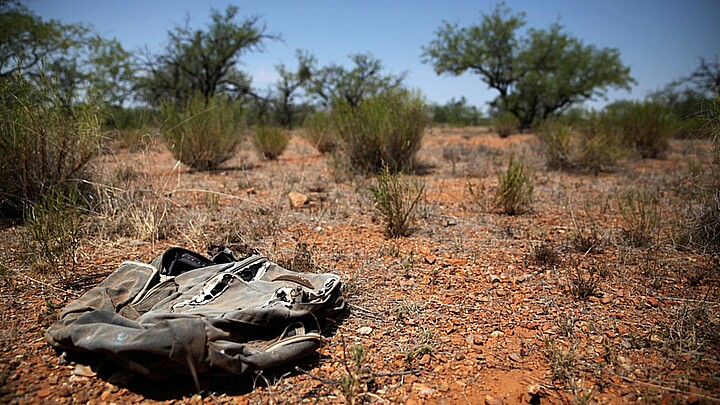Immigration
U.S. restarts asylum appointments at border town after suspending them amid extortion, abductions
The decision came after several reports were published claiming that migrants with appointments were being targeted for extortion by cartels and corrupt police officers

June 29, 2023 8:03am
Updated: June 29, 2023 8:03am
The Biden administration will once again begin taking asylum appointments in the border town of Laredo, Texas, despite ongoing threats and extortions from drug cartels, the U.S. Customs and Border Protection said in a statement.
The CBP said it would begin accepting appointments through its official mobile app beginning on Wednesday to ensure the safe and legal crossing of many migrants, reported Reuters.
Earlier this month, administration officials announced that they were going to stop taking mobile app appointments made by asylum seekers in Laredo, a border city that connects to Nuevo Laredo, Mexico. While CBP gave no official explanation for why they decided to stop scheduling appointments, the decision came after several reports were published claiming that migrants with appointments were being targeted for extortion by cartels and corrupt police officers.
On one occasion, asylum seekers at Nuevo Laredo told The Associated Press that Mexican officials had threatened to detain them and make them miss their scheduled asylum appointments unless they received the money.
According to a report from the Strauss Center at the University of Texas at Austin, one migrant, who asked to remain anonymous, said cartel members had demanded as much as $500 per member of his family to get close to the border.
Despite the threats, as many as 1,500 asylum seekers continued to gather in Nuevo Laredo, sleeping out on the streets near the border in hopes to be able to meet with a border official without an appointment.
Over the weekend, CBP officials began admitting about 50 asylum seekers a day through the international bridge without appointments. Upon hearing that some were given access to border officials, many moved from an encampment in the nearby city of Matamoros, where they had been unable to get appointments.










